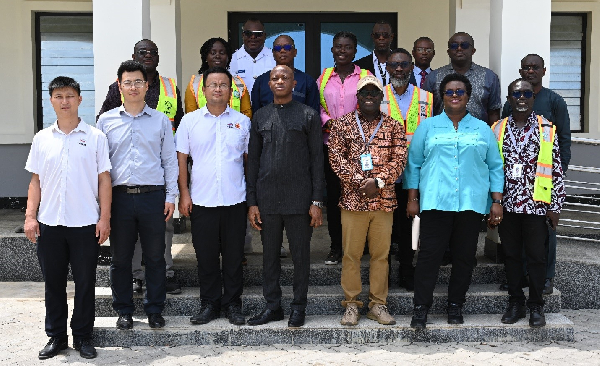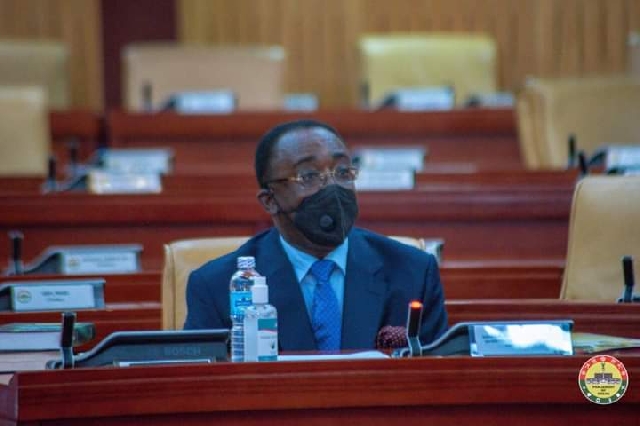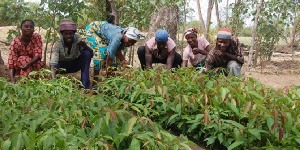The Plight of Ghanaian Farmers: Understanding the Root Causes of Poverty

Ghana is a country with a rich agricultural heritage, and farming is a vital sector that contributes significantly to the country’s economy. However, despite the importance of agriculture, many farmers in Ghana continue to live in poverty. This article will explore the root causes of poverty among Ghanaian farmers and examine possible solutions to this pressing issue.
Lack of Access to Credit and Financial Services
One of the primary reasons why Ghanaian farmers are poor is due to a lack of access to credit and financial services. Many farmers rely on informal sources of credit, such as friends and family, which can be unreliable and expensive. This lack of access to formal credit facilities makes it difficult for farmers to invest in their farms, purchase inputs, and expand their operations.
Inadequate Infrastructure and Support Services
Ghana’s agricultural sector is also hampered by inadequate infrastructure and support services. Many farmers lack access to irrigation facilities, storage facilities, and markets, making it difficult for them to produce and sell their crops. Additionally, the country’s rural roads are often in poor condition, making it challenging for farmers to transport their produce to markets.
Limited Access to Technology and Extension Services
Ghanaian farmers also face challenges in accessing technology and extension services. Many farmers lack access to modern farming techniques, inputs, and equipment, which can improve their productivity and efficiency. Additionally, the country’s extension services are often inadequate, making it difficult for farmers to access advice and support on best farming practices.
Poor Pricing and Market Access
Another reason why Ghanaian farmers are poor is due to poor pricing and market access. Many farmers are forced to sell their produce at low prices due to a lack of market access and competition. This can make it difficult for farmers to earn a decent income from their farming activities.
Climate Change and Environmental Degradation
Climate change and environmental degradation are also major challenges facing Ghanaian farmers. Changes in weather patterns, rising temperatures, and increased frequency of extreme weather events can all impact agricultural productivity and incomes. Additionally, environmental degradation, such as soil erosion and deforestation, can also reduce the productivity and fertility of the land.
Solutions to Poverty among Ghanaian Farmers
To address the poverty among Ghanaian farmers, several solutions can be implemented. These include:
– Improving access to credit and financial services for farmers
– Investing in infrastructure and support services, such as irrigation facilities, storage facilities, and markets
– Providing training and extension services to farmers on modern farming techniques and best practices
– Improving pricing and market access for farmers
– Implementing climate-resilient agriculture practices and promoting sustainable land management practices
Conclusion
Poverty among Ghanaian farmers is a complex issue that requires a multifaceted approach. By addressing the root causes of poverty, such as lack of access to credit and financial services, inadequate infrastructure and support services, limited access to technology and extension services, poor pricing and market access, and climate change and environmental degradation, we can work towards improving the livelihoods of Ghanaian farmers and reducing poverty in the agricultural sector.
Source: Thepressradio.com| BA





